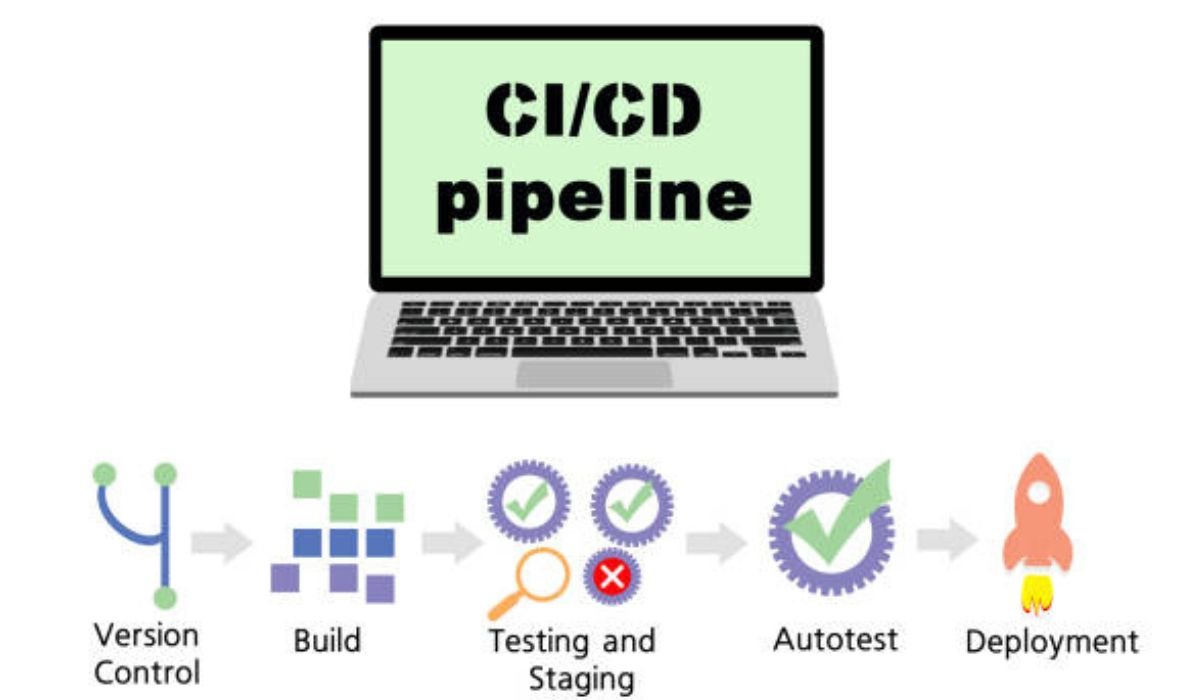A swimming pool is one of the best additions to any backyard. It offers a fun and relaxing escape for families, especially during warmer months. However, owning a pool comes with responsibilities, and one of the most important is keeping the water clean and circulating properly. That’s where a swimming pool pump plays a vital role.
Choosing the right swimming pool pump can be a bit confusing if you’re not familiar with how it works. This guide is here to help you understand what a swimming pool pump does, what to look for when buying one, and how to make the right choice for your specific pool setup.
What Is a Swimming Pool Pump, and Why Is It Important?
A swimming pool pump is often referred to as the heart of a swimming pool. It circulates water through the filtration system, keeping the water clean and free from dirt, debris, and harmful bacteria. Without a functioning pump, the water would become stagnant and unsafe for swimming.
The swimming pool pump pulls water from the pool, pushes it through the filter, and returns the clean water back. This continuous circulation helps maintain healthy chemical levels and prevents algae growth.
Types of Pool Pumps:
When shopping for a pool pump, you’ll find three main types:
- Single-Speed Pumps: These pumps operate at one fixed speed. They are often the most affordable to buy, but they consume more energy. That’s because they run at full power every time they are switched on.
- Dual-Speed Pumps: These pumps have a high and a low setting. You can use the lower speed for regular filtration and the higher speed for more demanding tasks like vacuuming or operating pool features. This makes them more energy-efficient than single-speed pumps.
- Variable-Speed Pumps: These are the most energy-efficient pumps available. They allow you to adjust the speed based on the pool’s needs, which helps save electricity and reduces noise. While they are more expensive upfront, they often pay for themselves over time through lower energy bills.
Factors to Consider When Choosing a Swimming Pool Pump:
To make the right choice, consider the following factors before making a purchase:
Pool Size
The size of your pool plays a big role in the type of pump you need. A larger pool needs a stronger pump to circulate all the water effectively. Always check the volume of water your pool holds and choose a pump with the right flow rate (measured in gallons per minute or litres per minute).
Pump Flow Rate
The pump’s flow rate should match your filter’s flow rate. A mismatch can lead to poor filtration or even damage the equipment. It’s always a good idea to consult a pool expert or check your filter’s specifications before buying a pump.
Energy Efficiency
Energy efficiency is another important factor. While single-speed pumps are cheaper upfront, variable-speed pumps can save money in the long run through lower energy use. Look for models that meet current energy-saving standards.
Noise Level
Some pool pumps can be quite noisy. If your pool is close to your house or your neighbour’s property, you may want to consider a quieter model. Variable-speed pumps often run more quietly at lower speeds.
Ease of Maintenance
Choose a pump that’s simple to maintain and clean. Some pumps come with a large debris basket that doesn’t need to be emptied often. Others are designed with easy-to-access parts in case repairs are required.
Installing and Using the Pump
Once you’ve selected the right pump, proper installation is key. While some homeowners prefer to do it themselves, it’s usually best to hire a pool professional to ensure everything is connected and working correctly. Proper setup also ensures the pump runs efficiently and lasts longer.
Once installed, run your pump for 8–12 hours a day, depending on the size of your pool and its usage frequency. During hotter months, or if your pool is heavily used, you may need to run it longer.
Why Hiring Pool Builders in Ballarat Makes Sense
If you’re in the planning stage of getting a new pool or upgrading an existing one, working with experienced pool builders in Ballarat can save you time, money, and stress. Professionals are familiar with local conditions, regulations, and design requirements. They can help you choose the right equipment, including the perfect pool pump for your setup. Their experience ensures the installation is done correctly and efficiently. Whether you’re looking to build a new pool or update an old system, hiring local pool builders provides peace of mind and long-lasting results.
Common Mistakes to Avoid
When selecting a pool pump, avoid these common errors:
- Buying a pump that’s too powerful—This can cause unnecessary wear on your filter and plumbing.
- Ignoring energy efficiency—A lower upfront cost doesn’t always mean long-term savings.
- Not checking compatibility—Always ensure the pump fits with your existing filter and pool setup.
- Skipping professional advice—It’s always helpful to consult an expert before making a final decision.
Conclusion
Choosing the right pool pump might seem overwhelming at first, but it becomes easier once you understand the basics. From the type of pump to its energy efficiency and compatibility, each feature plays a role in keeping your pool clean and enjoyable.
A well-selected pump not only saves energy and money but also adds to the overall experience of owning a pool. Take your time, ask the right questions, and enjoy a worry-free swim all season long.
You May Also Like: Maximize Efficiency and Cleanliness with a 5 Gallon Pump Dispenser from Ultra Soap Direct











